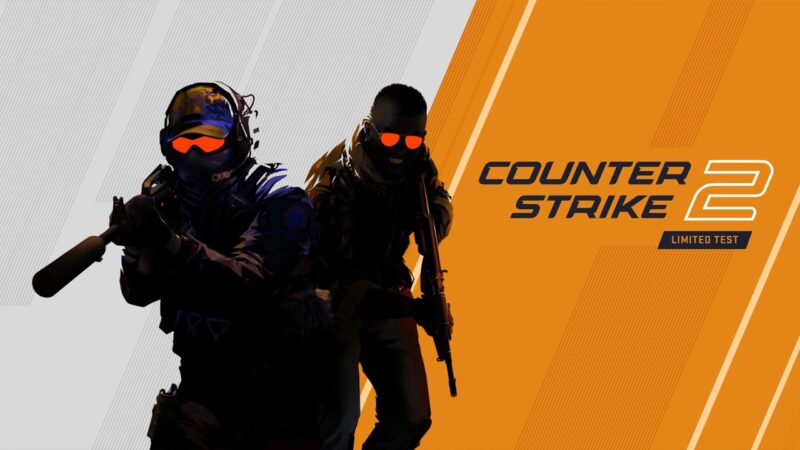Since the launch of Counter-Strike 2, the gaming community has closely watched every update and feature added to the new engine. While much of the attention has been focused on Source 2’s visual improvements, lighting, and weapon behavior, one of the most discussed additions is the new anti-cheat system. Valve promised a more advanced, real-time protection mechanism for CS2 — but how effective is it really?
In this article, we’ll take a closer look at how the new system works, what the community thinks about it, and how it connects to the broader CS2 ecosystem — including third-party platforms.
VAC Live – what makes it different?
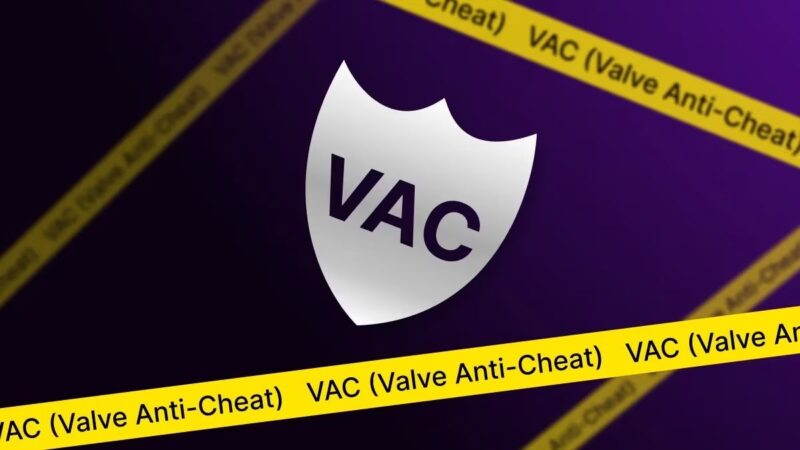
The centerpiece of CS2’s anti-cheat strategy is VAC Live, a major evolution of the original Valve Anti-Cheat system. Unlike the previous version, this new solution operates in real time, actively monitoring player behavior during matches. If suspicious activity is detected, the match can be instantly cancelled, preventing the game from continuing with a potential cheater.
Key features of VAC Live include:
- Real-time data monitoring and behavioral analysis
- Instant match cancellation when a cheater is detected
- Silent updates without requiring large patch downloads
This marks a shift away from delayed bans and post-match enforcement. Players no longer have to finish games with cheaters present — and they don’t risk having their own account negatively affected due to someone else’s misconduct.
How effective is it? Community feedback so far
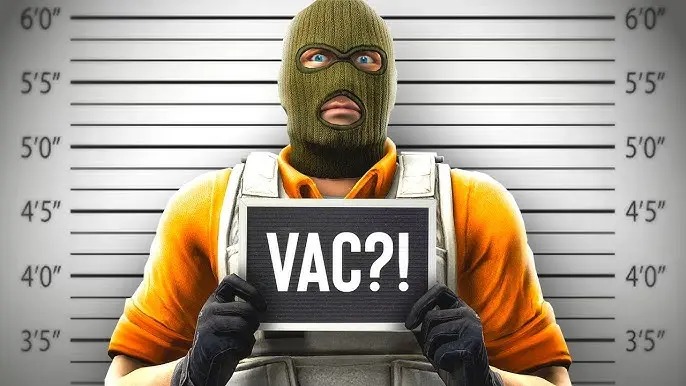
After several months of live testing, community reactions have been mixed but cautiously optimistic. Many players have reported a noticeable reduction in blatant cheating, particularly in official matchmaking. Suspicious activity appears to be punished faster and more accurately.
However, some recurring concerns include:
- Whether all detections are accurate
- The potential for false positives
- How quickly cheat developers adapt to new detection methods
Valve has confirmed that VAC Live is still evolving, with regular updates being deployed in the background. While not perfect, the system is showing progress in areas where the old VAC often fell short.
Impact on skins, accounts, and third-party platforms
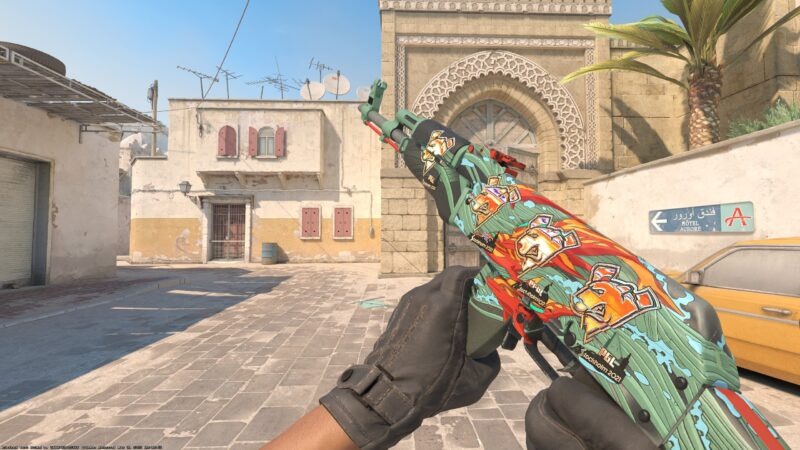
An effective anti-cheat system has ripple effects across the entire CS2 ecosystem — not just gameplay. Fewer banned accounts mean less loss of valuable inventories, more secure trades, and more trust among players.
In the context of external services like G4Skins CS2 cases, which operate outside of Valve’s direct ecosystem but serve the same community, improved account security and game integrity are critical. Although G4Skins does not interact with gameplay itself, it exists within the same player environment — where trust, fair systems, and inventory protection all matter.
For users exploring collections, opening CS2 cases, or building themed loadouts, it helps to know that the overall infrastructure is stable and protected against malicious activity.
Anti-cheat in ranked play
One of the biggest problems in CS:GO was the presence of cheaters in ranked matches. With VAC Live, Valve is aiming to eliminate this issue by terminating matches before they become irreparably compromised. The system also works hand-in-hand with the Trust Factor, analyzing a user’s wider behavior across Steam — not just within CS2.
As a result, the probability of encountering cheaters has decreased for many players, especially in higher ranks and for accounts with long, positive histories.
Still, Valve has not released detailed data on ban waves or detection rates, which leaves the full picture somewhat unclear.
Is VAC Live enough?
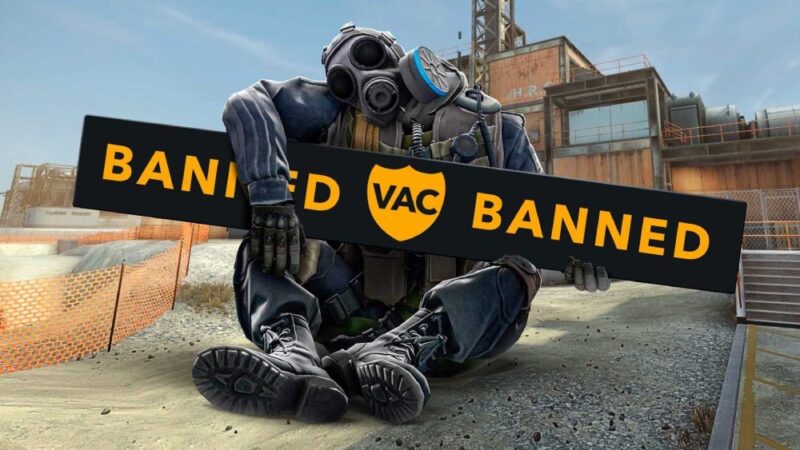
While VAC Live is a significant upgrade, many players and analysts believe it should be part of a broader solution. Additional tools that could strengthen protection include:
- Demo review AI – automated analysis of replays for pattern detection
- Community review systems – similar to Overwatch in CS:GO
- Transparency dashboards – showing public stats on bans and detections
For now, Valve appears focused on refining Source 2 performance and VAC Live’s stability. Future updates may introduce deeper layers of player-driven moderation and feedback.
Building long-term trust in the CS2 ecosystem
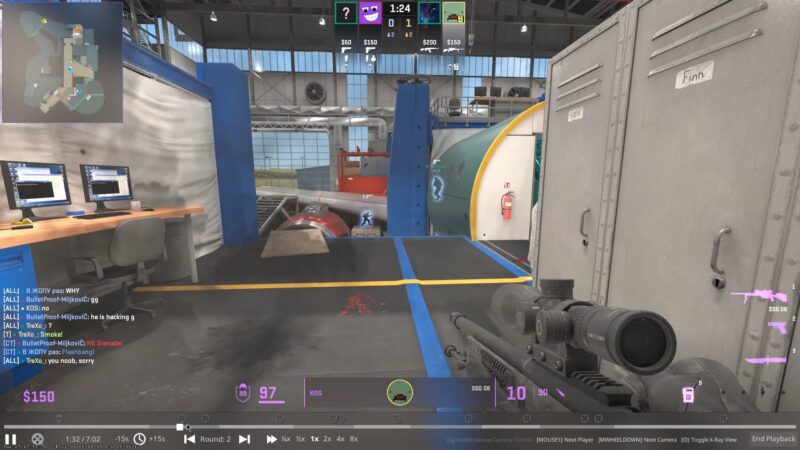
In competitive games, especially those with a long history like Counter-Strike, trust between players and developers is essential. The introduction of VAC Live in CS2 represents a strategic move not only to improve match quality, but also to rebuild confidence in the game’s fairness. After years of dealing with cheaters in CS:GO, many players had grown skeptical about whether the system could truly evolve.
By enabling real-time detection and match cancellation, Valve has shown a clear intent to address one of the community’s biggest concerns. This approach signals that match integrity is now a core priority, rather than an afterthought. It also sends a message to players that their time and effort in ranked matches will be better protected going forward.
Consistent and transparent enforcement of fair play helps reinforce player loyalty. When the game environment feels safe and competitive, more players are willing to invest their time, customize their loadouts, and treat CS2 as their go-to tactical shooter — not just for a few matches, but for the long run.
Final thoughts
The new anti-cheat system in CS2 is a step forward in the right direction. VAC Live tackles long-standing issues with faster responses, improved automation, and smarter behavior analysis. While not without limitations, the system’s design shows that Valve is committed to keeping the competitive scene clean and fair.
For the wider CS2 world — including inventory platforms — a more secure environment supports a healthier ecosystem overall. It benefits players who care about their skins, their accounts, and the integrity of the game as a whole.
As CS2 continues to evolve, so too will its anti-cheat tools. For now, VAC Live offers a more responsive and transparent layer of protection that players have long hoped for.

